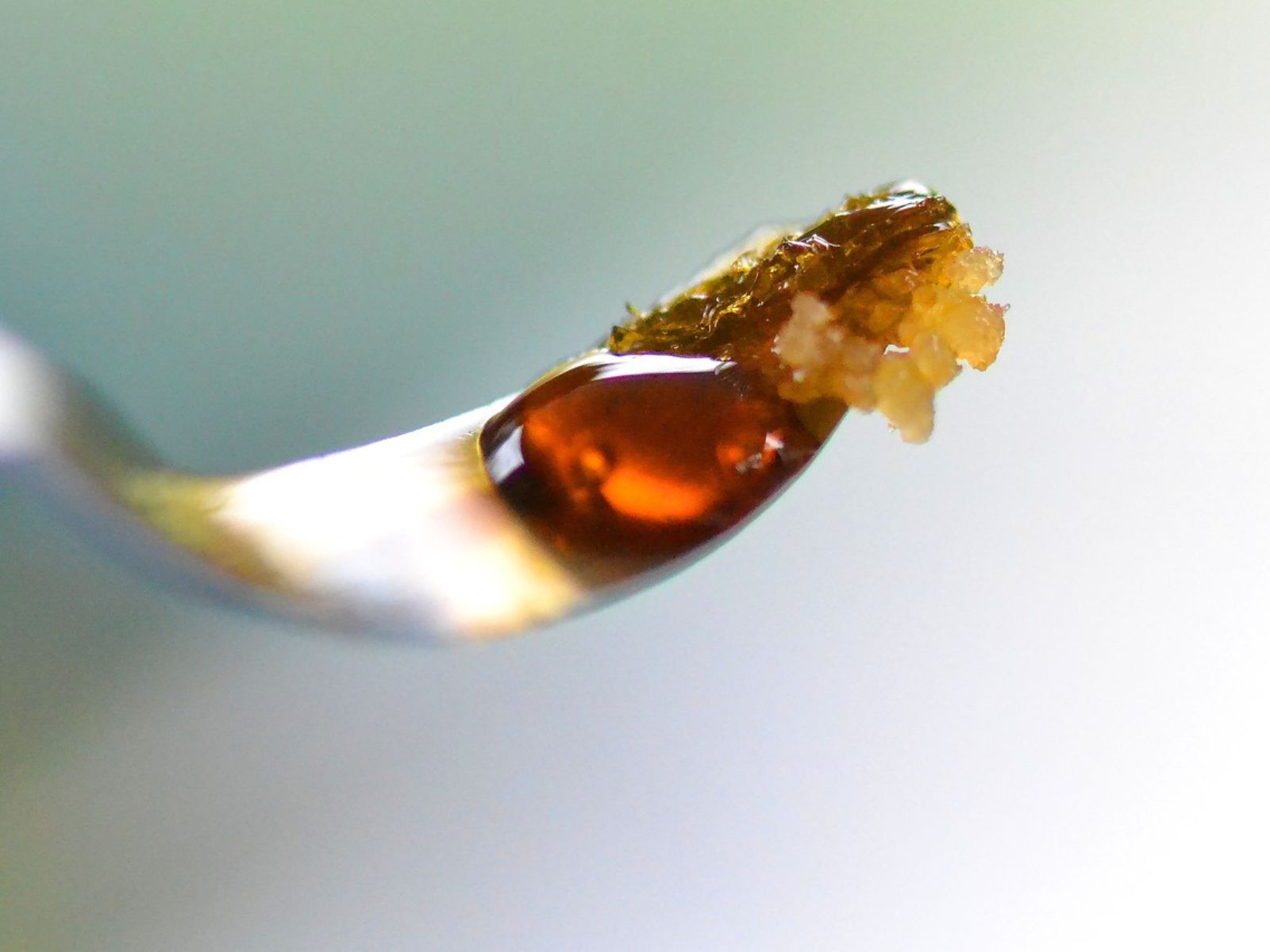
Malta: Cannabis Odor Complaints In Private Spaces To Be Handled By ARUC

Malta: Cannabis Odor Complaints In Private Spaces To Be Handled By ARUC
The cannabis plant and certain consumption methods can put off a considerable amount of odor, with some members of society finding those odors to be undesirable. In Malta, where lawmakers adopted recreational cannabis legalization in 2021, how cannabis odor complaints in private spaces are handled has changed.
“All complaints about cannabis odours in private spaces will be handled directly by enforcement inspectors from the Authority for the Responsible Use of Cannabis (ARUC), according to recently introduced legal amendments.” reported Malta Independent in its local coverage.
“We are not here to criminalise, but to educate and encourage responsibility towards neighbours and the community. The right for responsible use will remain, but no one has the right to cause inconvenience to others,” ARUC Head Joey Reno Vella said, according to the media outlet.
The change in how cannabis odor complaints in private spaces are handled is part of amendments that were unanimously approved in Malta’s Parliament last month. Cannabis odor complaints involving public spaces will continue to be handled by law enforcement in Malta.
ARUC has set up a private phone hotline for people to submit their complaints. As of earlier this week, only ten complaints had been received by the hotline.
“If ARUC officers deem the complaint to be justified, the first step is to contact the people creating smells, informing them in a friendly and practical manner of ways to mitigate odours,” Vella said, according to local reporting by Times of Malta.
“Should attempts to resolve a complaint amicably fail, Vella said, ARUC would be bound to file proceedings against persistent offenders in front of the Commissioner for Justice, with offenders facing a fine of €235 – described as a measure of last resort.” Times of Malta also reported.
Adults in Malta can legally cultivate up to four plants in their private residences and possess up to 50 grams of cannabis in their homes. Additionally, adults can join a growing list of approved noncommercial cultivation associations.
Share article


Share article
Join Our Awesome Community
Join Our Awesome Community
Join Our Awesome
Community
Get all the latest industry news
delivered to your inbox







